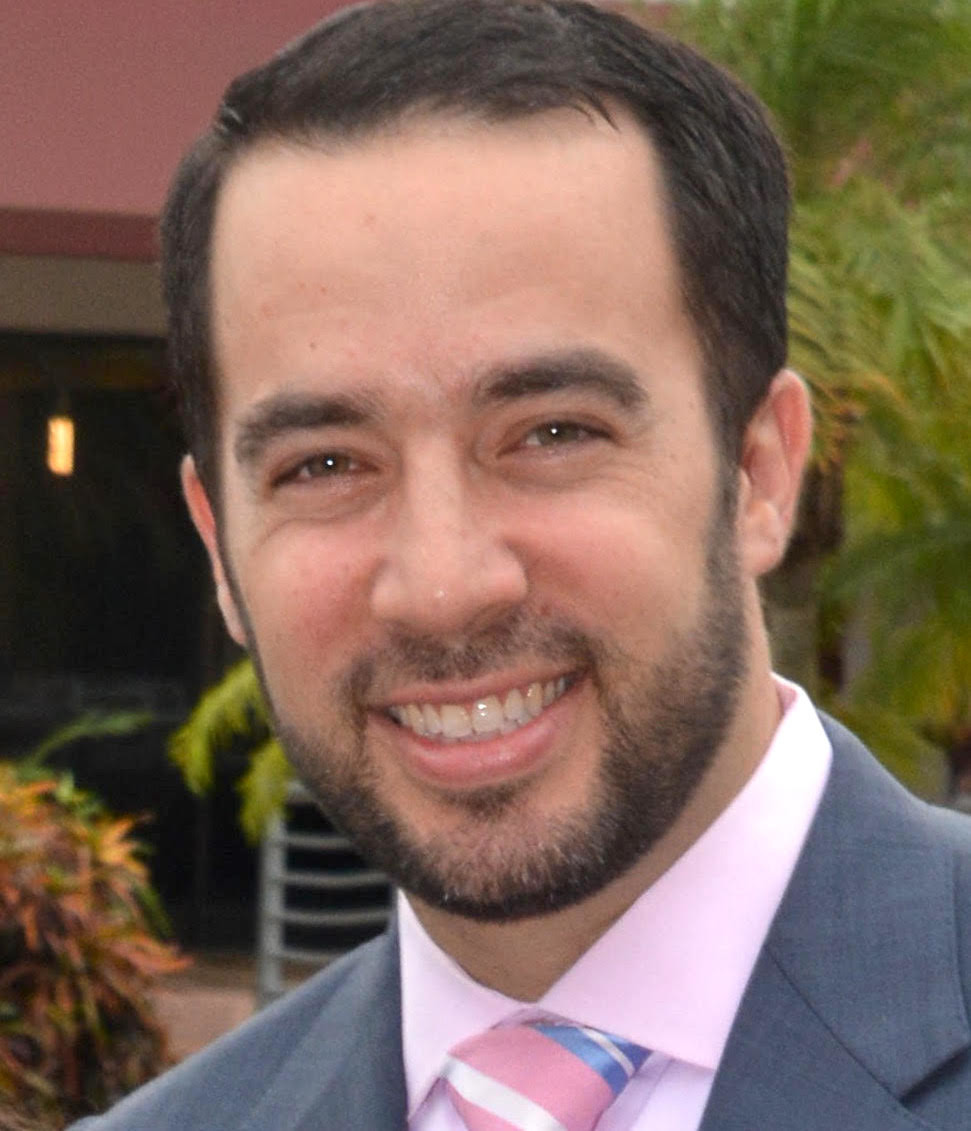Shabbat HaGadol is a story that must be told
Ask anyone, “What are the commandments one fulfills on the night of the seder?” The numerous negative commandments related to lack of chametz in the home apply all week long. As for the positive commandments (mitzvot aseh), some people are not as clear on this point.
Many things we do are strong customs or have Talmudic sources, but the actual Torah-originated mitzvot do not include eating the afikoman and drinking the four cups of wine. The Torah-obligated commandments are eating matzo and telling over the tale of the exodus from Egypt, most notably to our children. Even the consumption of maror, the bitter herb, on seder night is only a rabbinic-level obligation.
The last mishna in the first chapter of Brachot (Brachot 12b) is one of the first paragraphs included in our Haggadah after the Four Questions, and it discusses the nature of the obligation to recall the exodus from Egypt, in general, during the evening. But then a question is raised in the context of the obligation to recite the Shema, which includes, among other remembrances, a nod to the exodus from Egypt.
Rabbi Elazar ben Azariah states that the teaching of Ben Zoma is what inspired his understanding of why we recite Shema at night and remember Egypt. But the Talmud begins its analysis by focusing on the words of sages who argue with Ben Zoma’s thought and who suggest that the memory of Egypt is important, that but fresher memories always replace older ones.
To use an obvious example, the pain and memory of the Holocaust is much more vivid in our hearts and minds than European and Russian pogroms, Chmielnicki, Inquisition, Crusades, and even the destruction of the Temples. Even sadder to say, though no less poignant, many of the newer generation of Jews can more easily relate to the pain of terrorism than to the Holocaust.
In the opposite realm, the Talmud suggests that when the Messiah comes we will speak of Egypt as an historical event, but its significance will not hold a candle to that final redemption we continue to anticipate.
What relevance does this have to our obligation to tell the tale? Either the Exodus is primary in our hearts and minds, or it is not. Can we even fathom it being both?
Rabbi Joseph B. Soloveitchik addressed the nature of the telling of the story in a lecture which appears in “Derashot Harav.” He compared the word sippur (telling the story) to the word sefer (book) and the word sofer (scribe), all of which can be spelled the same way in Hebrew: (samach, feh, reysh). A sofer writes a sefer for his generation and for succeeding generations. A story, whether written or told over, also carries from generation to generation.
Despite the appeal of such a parallel, The Rav is a realist when he suggests: “Today, we experience [a] generation gap. Children have difficulty identifying with people and events that took place only 20 years earlier.” If this is the case, he asks, “How can we relive an event that happened 3,500 years ago?”
The Torah gives us this directive four times — we mention them in the context of the four sons in the Haggadah, as per Shmot 12:27, 13:8, 13:14, and Devarim 6:20.
As we have an obligation to “see ourselves as if we are leaving Egypt” during the seder, The Rav says, “the son should be the sefer upon which the father writes” as he tells over and relives the story of the exodus, and even furthermore, as he “etches upon his son his understanding of history. The foremost task of a father is to be a sofer, and to transform his son into his book upon which he writes indelibly, a book that will survive him and be imparted to succeeding generations.”
The key to this awesome task is to feel the burden of the challenge of inscribing so much meaning and feeling into the book that our children are meant to become. The only way to really succeed is if we can truly give over to our children not only the book knowledge we wish for them to attain, but the burden of carrying the information and making it meaningful enough for them to want to continue writing the book when they too become parents.
The story of the exodus may be an ancient story, one we all have difficulty relating to. At times it may not seem as exciting as Israel’s latest army technology, or counter terrorism, or other more recent stories of Jewish survival and Jewish thriving.
But it is our story, and it is the story that began the world’s longest and most enigmatic story, the story of the survival of the Jewish people. This is a story worth telling. And it is a story worth continuing to discuss as we continue to write fresh chapters, without diminishing from the chapters that open the tale.
Originally published in 2009.

 47.0°,
Mostly Cloudy
47.0°,
Mostly Cloudy 





